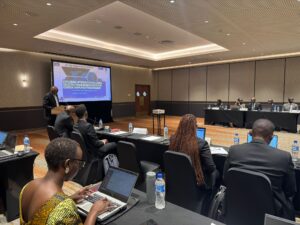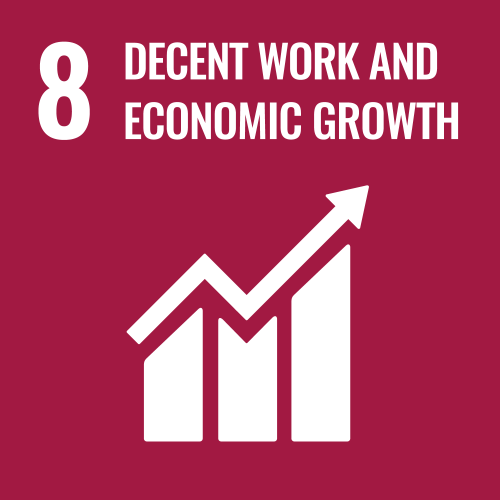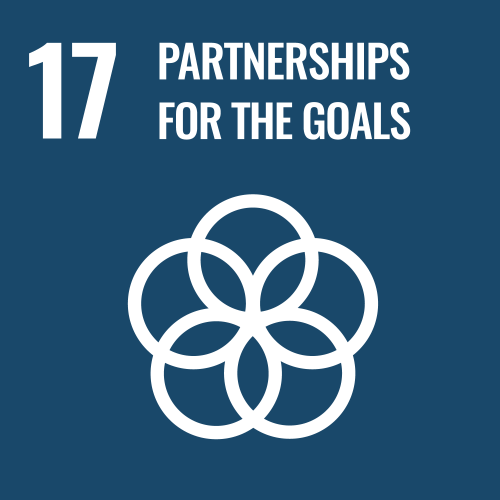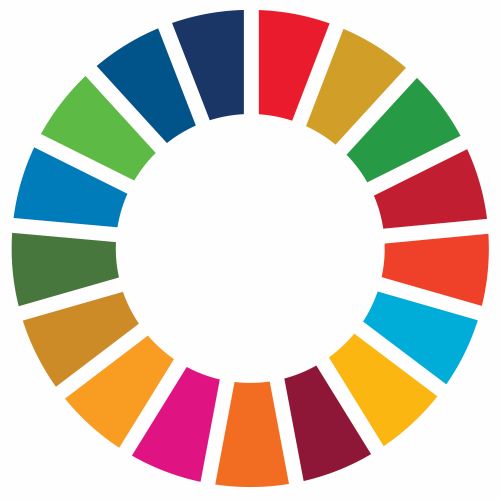
09/07/2025
FIAP supports the efforts of the Common Market for Eastern and Southern Africa (COMESA) to include small traders and service providers in the Simplified Trade Regime (STR).
The Common Market for Eastern and Southern Africa (COMESA) continues to strengthen support to small service providers in the region. The most recent step was the validation of the study ‘Exploring options for the inclusion of selected services in the Simplified Trade Regime (STR)’. This workshop, held in Lusaka (Zambia), brought together representatives from COMESA Member States currently operating under the RTS, as well as regional organisations and trade specialists, marking a key milestone in boosting cross-border trade for small service providers.
The session was officially opened by the Permanent Secretary for Trade and Industry, Lillian Saili Bwalya, who stressed the importance of promoting more inclusive and accessible trade for small-scale economic actors in the region.
The RTS facilitates cross-border trade for small traders by reducing administrative burdens, simplifying customs procedures and lowering trade barriers. Although this regime was initially conceived for trade in goods, work is now underway to include services, with the aim of offering similar benefits to small service providers. The inclusion of services in the RTS will allow these actors to access new markets, operate more efficiently and navigate more easily in the complex environment of cross-border trade. This is particularly relevant for the economic development of border communities, where services often represent an essential source of livelihood.
The study has been undertaken to explore how this extension could be implemented, facilitating cross-border trade in services and encouraging the formalisation of these businesses. The inclusion of services in the RTS is expected to benefit sectors such as freight transport, mobile money transfers and tourism, many of which currently operate informally. This initiative will allow them to access new markets and overcome trade barriers.
The aim is to respond to the challenges faced by small service providers, who often face complex regulations and lack formal recognition. By simplifying rules and procedures, the extension of the RTS aims to establish a more inclusive system that allows these actors to operate more effectively and contribute to economic growth in border areas.

Beyond trade, this initiative aims to empower small traders to formalise their businesses, generate employment and contribute to regional economic development. With the support of the European Union and in the framework of the TE-TAF AfCFTA programme, a project implemented by FIAP, GIZ and Expertise, this study lays the foundation for a more inclusive regional model that addresses the needs of informal traders and integrates them fully into the economy.
The Lusaka workshop was the first step towards the implementation of these recommendations. They will now be further refined and developed, with the aim of drawing up a roadmap to enable small service providers to benefit from this simplified trade process. Ultimately, the aim is to establish a more efficient and inclusive trading system that strengthens Africa’s global economic position, supports local businesses and fosters community development. Through this collaboration, the study opens up new opportunities for cross-border trade in services, making it more agile, accessible and equitable for all.


